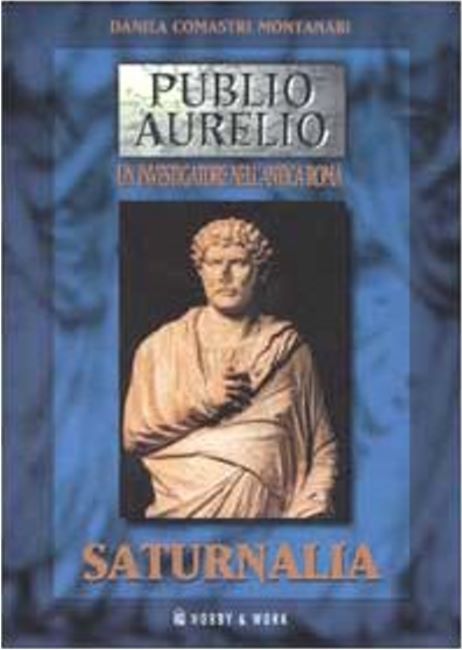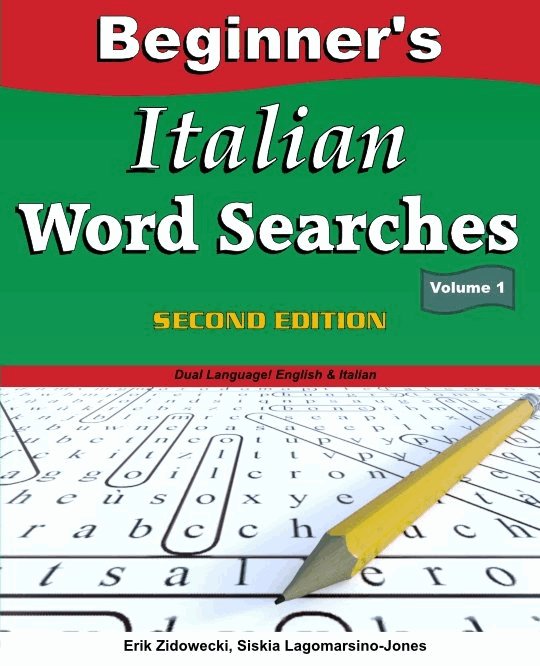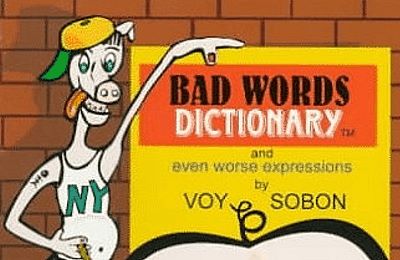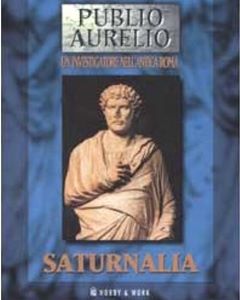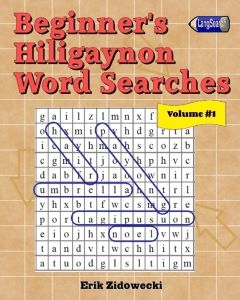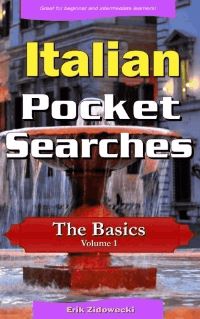Publio Aurelio - un investigatore nell'antica Roma (series)
|
Publio Aurelio - un investigatore nell'antica Roma (series) This review focuses on a series of books by the Italian author Danila Comastri Montanari, namely Publio Aurelio - un investigatore nell'antica Roma (Publius Aurelius Statius - an investigator in ancient Rome). The name of the series comes from its main character: a relatively young, intelligent, curious, liberal, adventurous and open minded senator who ends up investigating and solving crimes at very young age. All the titles are either only in Latin or also specified in Italian. Comastri Montanari has written the first novel of the series, Mors tua, already in 1990, but I didn't come across my first book of this series until the summer of 2002 while in a temporary bookstore inside a big tent in a seaside town in Italy. The title, Morituri te salutant, caught my eye immediately. It was a crime story, in Italian giallo, with an interesting sounding main character and a murder case located in ancient Rome, more specifically in the world of gladiators. In the beginning of there were a few drawn maps: "la Gallia Cisalpina", the city of Rome at the time, and barracks of the gladiators. After that comes a list of characters appearing in the book, with their name and occupation. In the end there are also three glossaries: Greek and Latin terminology used in the book, historical persons, and geographical locations (names have changed since the times of Ancient Rome). I was impressed and fascinated and got both of the two novels available. They were crime stories located in ancient times with lots of information about how life could have been then, and I felt lucky to have found the books, although I was mildly concerned about the possibly challenging vocabulary. Having the glossaries and maps was a big help, though. It turned out quickly that my expectations for the book were not too high. I went through the above mentioned background information before starting to read the actual novel and many times while reading it. The main character, Senator Publio Aurelio Stazio, soon proved to be very interesting. He is depicted as an intelligent, humorous, well-read, fair, adventurous, flexible, experienced and open minded patrician. He is very wealthy, well connected and single (but clearly attracts women), which all proves to be very useful for his investigations – and historically interesting, as there are many references to famous historical people as well, like the emperor Claudius. The senator's servants and friends are an essential part of the picture as well, especially his secretary Castore, a freed slave who is a curious character: lazy, cheating, lying, stealing but also usefully cunning and bold, and therefore very able in helping his master/friend in their investigations and out of difficult situations. Their unconventional relationship quickly defied my ideas of master-slave relationships, even though I knew slavery was not practiced similarly in different times and countries. Castore is the opposite of the intendant Paride, also a freed slave, who is very honest and reliable. The issue of slavery in ancient Rome is very much present in the reality of Senator Aurelio and his peers. The amount of references to historical events, places, persons, customs, food, clothing, living, religion and other details about life in ancient Rome in the adventures of Senator Aurelio is captivating, as are the complex human relationships and interesting plots. The author Danila Comastri Montanari, born in Bologna, Italy, in 1948, has majored in Pedagogy and Political Sciences, been a teacher, traveled a lot, and then after her first novel, Mors tua, dedicated full time in the narrative literature and, more specifically, historical crime fiction. Her profile in the end of Morituri te salutant says studying the past is her hobby, and it shows in this book series. She's also described as a smoker who appreciates spirits, evades from diets and visits spas and archeological excavations, and reads detective fiction, essays about history and anthropology, Latin, Greek and Chinese classics. She's said to be a fanatic user of Internet and she maintains a few websites and uses her Facebook profile daily. She also has a fan club that shares information. I started with two novels of this series and was eager to get more of them when I realized there were many more. There are several references to senator Aurelio's past, how it all started, but it is not the topic of the first novel, Mors tua in 1990, but of the third novel, Cave canem in 1993. The story begins in Rome "anno 772 ab Urbe condita", i.e. 19 Anno Domini (the timing is always given in the novels). Aurelio is 16 years old at the time, and he starts resolving the crime Paride's father is accused of. Along the story his own father dies, and so Aurelio becomes paterfamilias, the head of the family. At the end of the first story of the book – there is a longer one after this development story of his – it's already year 44 Anno Domini, and Aurelio leads an adult life in all of the other novels which are in total 20 from 1990 to 2017. Since then some of this senator-detective's adventures have been translated into other languages as well: German, French, Romanian, Spanish, Portuguese, Greek, Polish, Japanese and Russian. There are also a few audiobooks in Italian. If possible, I recommend starting from the novel that tells how it all began, Cave canem, since Aurelio's youth is often referred to in the other novels, but the novels are still independent stories and as such perfectly ok to read in any order. The books do awake the desire to know a bit more about the reality those times, so reading them has resulted in googling pictures and information and further reading. Tarja holds a Master's degree in Italian Philology with studies in Finnish, Spanish, and cultural history and also has experience in teaching Finnish (L2) for foreigners. Her daily work as a tv-subtitler writing subtitles for the deaf and the hard-of-hearing consists mainly of her native Finnish language, but all kinds of language skills are useful. She simply can't stop studying languages, especially the ever challenging and fascinating Mandarin Chinese. |
| Book Look - Publio Aurelio - un investigatore nell'antica Roma (series) | ||
| Writer: | Tarja Jolma | |
All images are Copyright - CC BY-SA (Creative Commons Share Alike) by their respective owners, except for Petey, which is Public Domain (PD) or unless otherwise noted.
|
Looking for learning materials? Find entertaining and educational books for learning a language at Scriveremo Publishing. Just click the link below to find learning books for more than 30 languages!
| |
comments powered by Disqus
